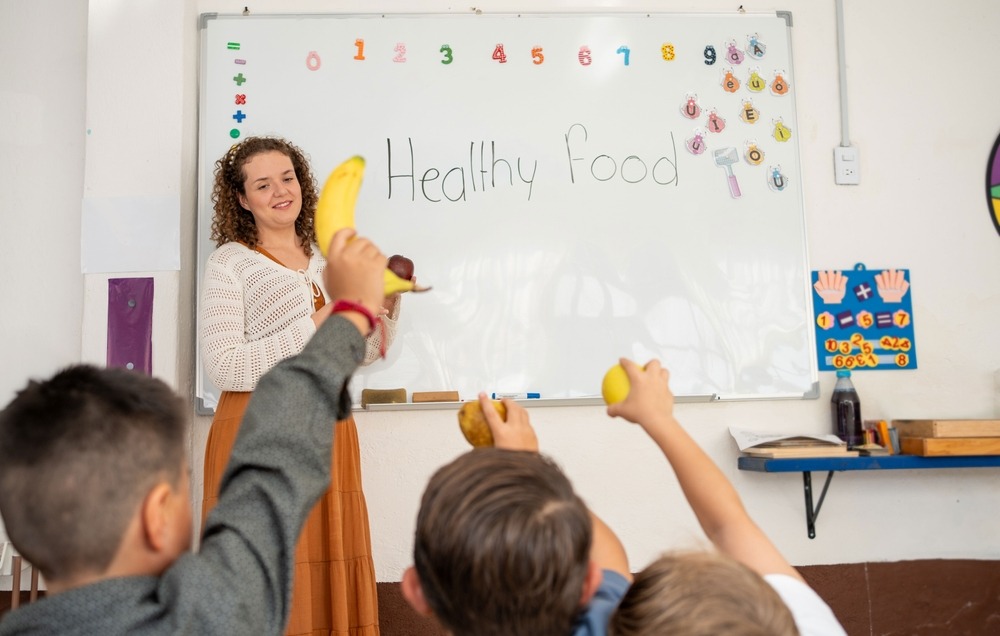Hello dear parents,
You hand your child a toy to play with, but when another kid reaches out for it, your little one clutches it tightly and says, “Mine!”
Sounds familiar? You’re not alone.
One of the most common concerns we hear from parents is:
“My child doesn’t like to share. What should I do?”
At Duscha Pre and Day Care School, we want to assure you—this is absolutely normal during early childhood. But it’s also a golden opportunity to teach two of the most beautiful traits: empathy and sharing.
Why Doesn’t My Child Share?
Before we jump to solutions, it’s important to understand why young children struggle with sharing:
They’re still learning emotional control.
Preschoolers are in the early stages of understanding how to manage their feelings, especially when it comes to “owning” things.They’re developing a sense of self.
At this age, children are figuring out boundaries—what’s “mine” and what’s “yours.” Sharing can feel confusing or even threatening.They fear loss.
To a toddler, lending a toy may feel like giving it away forever. They don’t yet understand that it will come back.
These are all normal developmental stages, and with the right guidance, your child can grow into a generous, empathetic little human.
What Are the Signs My Child Struggles With Sharing?
Frequent meltdowns when asked to share toys or snacks
Grabbing items back from other kids
Avoiding group play or refusing to take turns
Becoming upset when seeing another child play with “their” items
Don’t worry—these aren’t signs of a “bad” child. They’re signs that your child needs a little help understanding emotions and social boundaries.
How Can You Teach Sharing at Home?
Here are some parent-tested strategies to gently encourage sharing and empathy:
Model Sharing Behavior
Let your child see you share—offer them your snack, hand your phone to your spouse, or take turns during a game. Children mimic what they observe.
Use Positive Reinforcement
Praise your child when they do share:
“That was so kind of you to give your toy to Riya. I’m proud of you!”
Read Books About Empathy
Stories like “The Rainbow Fish” or “Llama Llama Time to Share” help children relate emotionally and understand why sharing feels good.
Use Turn-Taking Language
Instead of saying “Share your toy,” try “It’s his turn now, and you’ll get it back in a minute.” This feels less threatening to the child.
Create Sharing Opportunities
Organize short playdates with close friends where children can practice turn-taking with supervision and gentle guidance.
How Duscha Teaches Sharing & Empathy — the Fun Way!
At Duscha Pre and Day Care School, we understand that learning values like empathy and sharing shouldn’t feel like a lecture. It should feel like play.
Here’s how our trained teachers work their magic:
Group Play Activities
From building blocks to coloring stations, children are encouraged to use one set of resources together — learning to wait, cooperate, and enjoy together time.
Story Circles
We use stories with relatable characters that teach kindness and sharing in ways that young children understand emotionally.
Role-Play & Puppet Shows
Our teachers act out mini scenarios — like one child offering their toy to another — so the idea of sharing feels familiar and fun.
Praise & Encouragement
Teachers acknowledge every small act of kindness. A simple, “That was so sweet of you to let Aarav have a turn!” makes a lasting impact.
Emotion Talk Time
Children are gently asked how they felt when they shared or didn’t share. Talking it out helps them make emotional connections.
Dear Parents, Remember This…
If your child doesn’t share right now, don’t panic. They’re not being difficult—they’re simply still learning.
With your support at home and our guidance at Duscha, your little one will gradually understand that sharing doesn’t mean losing—it means connecting, caring, and growing.
And trust us—one day, when another parent sees your child offer a toy or comfort a friend and says,
“Wow, what a kind little soul!”
you’ll smile and say proudly,
“My child goes to Duscha Pre and Day Care School.”



